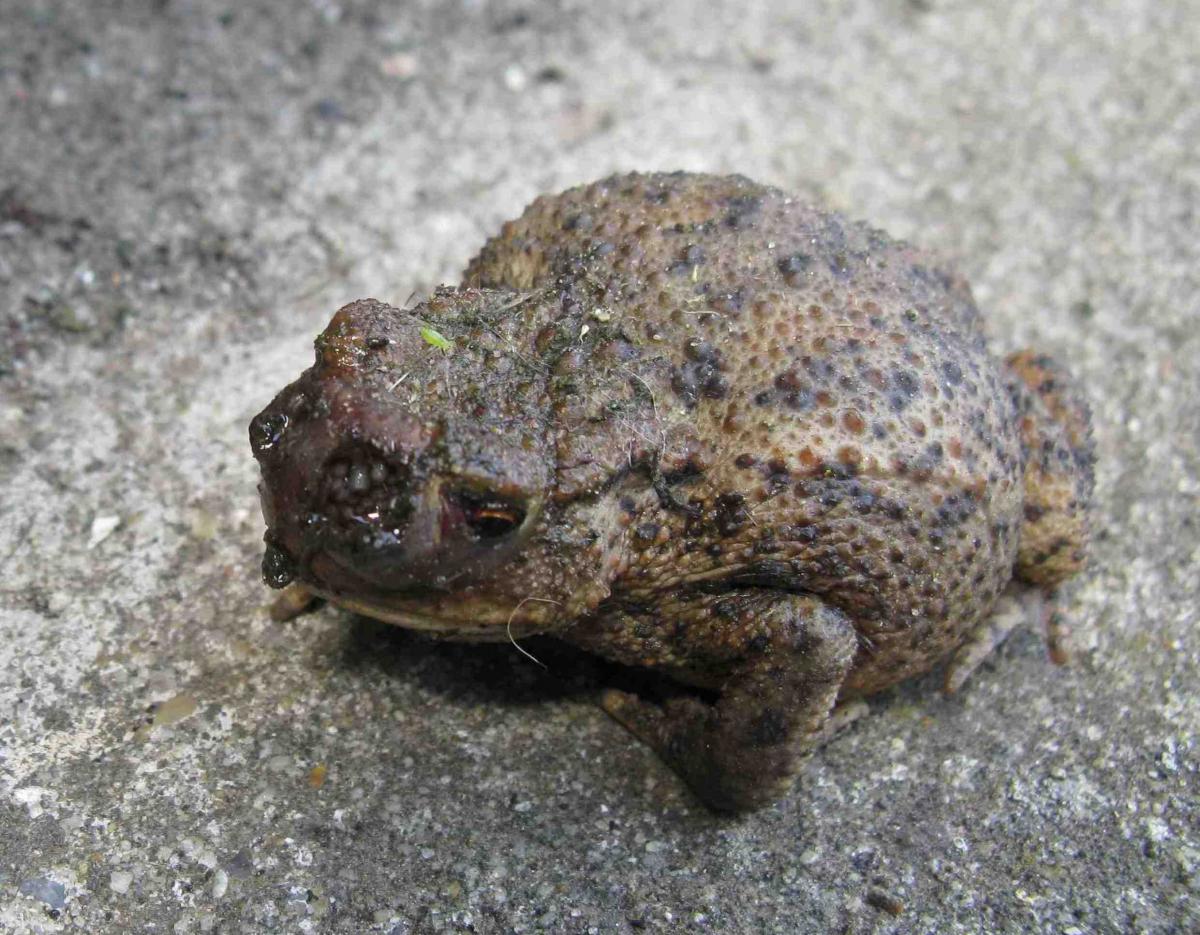You are here
Exeter scientists seek toad fly samples
Specimens of toad fly needed!

The toad fly, Lucilia bufonivora, is recognised as an obligate parasite of toads and frogs in Britain and Europe; it causes considerable suffering to infested host amphibians.
Infestations typically begin in the nasal cavities and can spread rapidly throughout the head, leading to blindness and a lingering death. Infested animals are sometimes reported as emitting ‘clucking’ sounds as their breathing is disrupted by maggots blocking their nasal passages! This fly is recognised as the only obligate parasitic blowfly species in Britain and to date, only a handful of specimens of this enigmatic fly species have been studied.
We have just received a summer studentship grant from the Genetics Society to research the taxonomy and genetic diversity of this fly.
We have some samples, but are in urgent need of additional specimens. Maggots are easily collected alive from infested frogs and toads, an action that may in some cases save the life of the host. Maggots can be collected and preserved as follows:
Having removed maggots from the host animal with forceps, they can be dropped live into high % alcohol [ethanol] (which we can send out in small, well-packaged vials);
An alternative is to send live maggots direct to us at Exeter in a small rigid, squash-proof, escape-proof(!) container;
A third alternative is to squash larvae onto clean thick paper (ideally filter paper), to dry this off quickly and thoroughly, and then to post paper(s) to us in Exeter. Multiple maggots can be squashed onto one paper [do not store for any length of time in plastic bag].
Please contact me, Dr Jamie Stevens, University of Exeter, if you come across any toad fly infestations and I can advise or send out collection materials. Tel: 01392 723775; Email: j.r.stevens@exeter.ac.uk
- 9429 reads
The University of Exeter, The Queen's Drive, Exeter, Devon, UK EX4 4QJ
Copyright and Disclaimer


